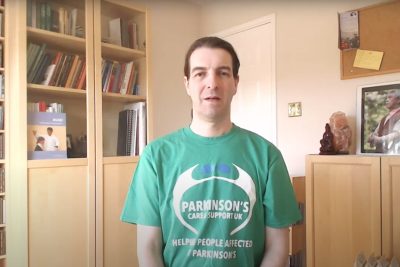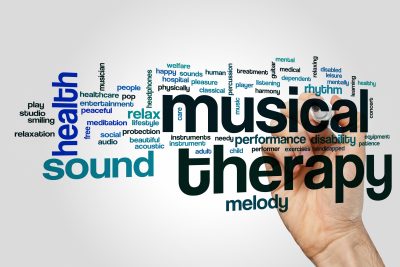Singing Therapy
Around 90% of those living with Parkinson’s have voice and speech changes, but very few seek medical advice or engage in therapy. Untreated speech changed can lead to the voice becomingdifficult to hear due to throat muscle rigidity (stiffness) as well as the inability to control speech and facial expressions.

Loss of vocal strength is a common side effect of Parkinson’s. Some people experience difficultywith articulation, as their speech becomes slurred. Muscle and motor issues such as difficulty controlling tongue movement, could cause this. Others experience a decrease in vocal volume that could be influenced by poor breath support.
Singing can help people with Parkinson’s by reinforcing vocal expression and sustaining breath support. People can build strength through singing. Intensive singing interventions have the potential to increase vocal loudness, respiratory muscle strength, and voice-related quality of life in people with Parkinson’s, a study suggests.
According to Elizabeth Stegemöller, an assistant professor of kinesiology at Iowa State University, singing uses the same muscle groups used for swallowing and breathing. Parkinson’s can have a major impact these functions. Singing Therapy for Parkinson’s focus on vocal exercises and songs to improve muscle activity and function. It also improves breath support and posture and increases muscle activity and control, all of which can help improve communications.
Singing, both individual as well as participation in choirs have been studied for people with Parkinson’s. Singing may be helpful in Parkinson’s by:
- Enhancing voice volume and quality. As Parkinson’s can cause hypophonia (low voice volume) and monotonous speech, singing as therapy can improve these symptoms.
- Improving respiration and swallowing. Some studies have shown that singing can also strengthen muscles responsible for swallowing and breathing.
Additional non-motor benefits include:
- Providing avenues for socialising. Working with others to perform a song offers the opportunity to socialise and for collaboration.
- Enhancing mood and/or cognitive function. Some studies support the ability of singing-based therapies to improve mood and cognition.
There are physical benefits of singing to the general population as well as to those living withParkinson’s. It can improve your posture and breathing when using correct technique. Singing can strengthen your immune system and is a natural anti-depressant. It works by releasing chemicals, including endorphins, which can make you happy and reduce stress. Because singing is social, it can also help you improve your confidence and make friends.




